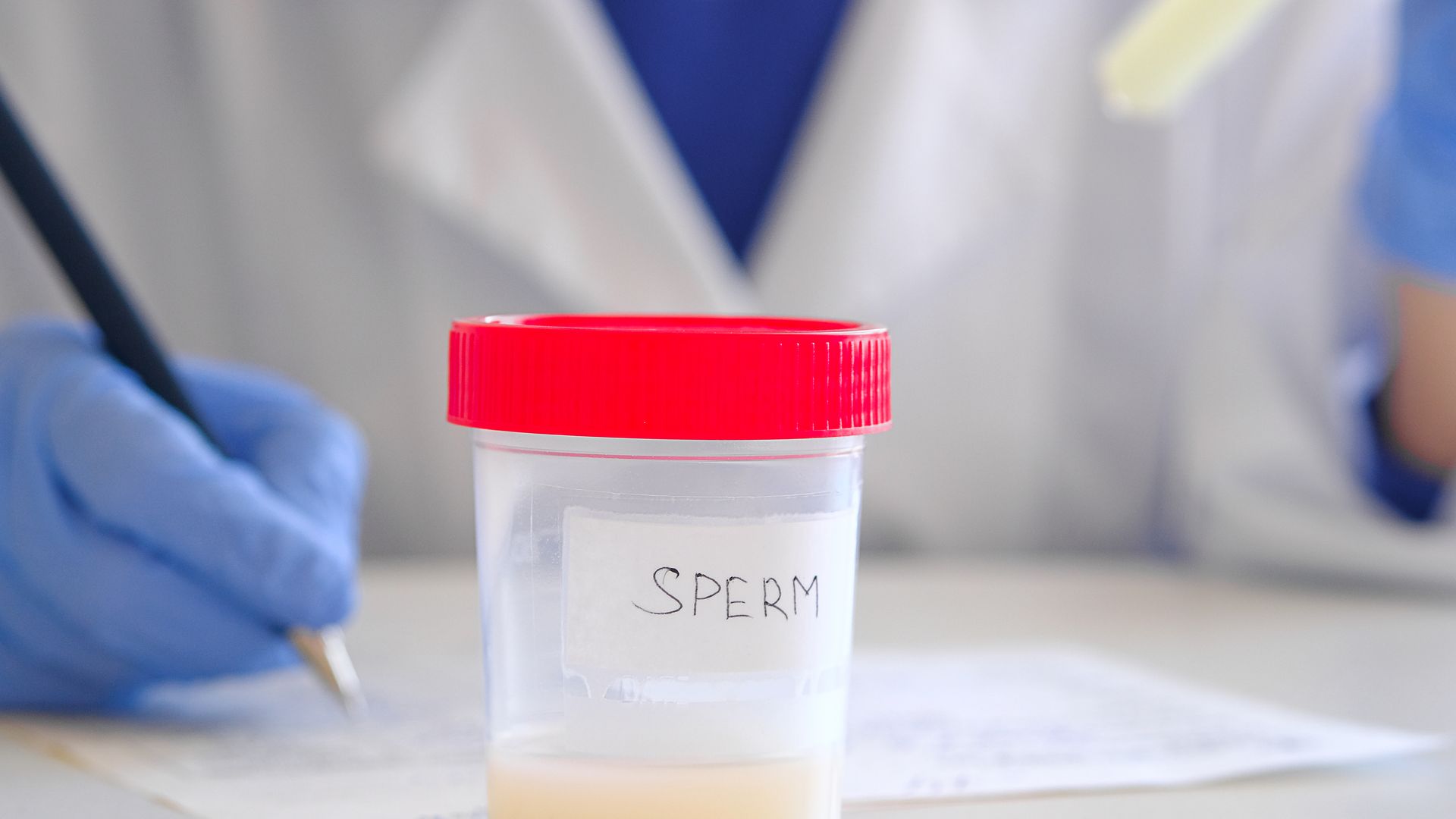
[KARAH RUCKER]
FOR YEARS – SCIENTISTS HAVE SUSPECTED HUMAN PAPILLOMAVIRUS, OR H-P-V COULD PLAY A ROLE IN MALE INFERTILITY.
NOW – THEY’RE GETTING CLOSER TO AN ANSWER.
UNTIL NOW – MOST RESEARCH ABOUT H-P-V AND INFERTILITY HAS BEEN DONE ON WOMEN.
A NEW STUDY SHOWS CERTAIN STRAINS OF H-P-V *DO* APPEAR TO PLAY A ROLE IN MALE INFERTILITY.
RESEARCHERS FOUND WHAT SO-CALL “HIGH RISK” H-P-V STRAINS ARE MORE COMMON – AND CAN IMPACT SPERM QUALITY.
THOSE THAT ARE CONSIDERED HIGH RISK ARE STRAINS THAT HAVE BEEN LINKED TO CANCER.
THE STUDY FOUND HIGH-RISK H-P-V APPEARS TO SUPPRESS KEY COMPONENTS OF THE IMMUNE SYSTEM IN THE MALE GENITAL TRACT… WHICH COULD HARM THE BODY’S ABILITY TO CLEAR H-P-V – WHILE ALSO RAISING THE RISK OF *OTHER* INFECTIONS THAT MAY ALSO IMPACT MALE FERTILITY.
A REVIEW OF 50 DIFFERENT STUDIES DONE IN 20-20 FOUND 21 PERCENT OF INFERTILE MEN HAD H-P-V-POSITIVE SEMEN.
THAT STUDY ALSO FOUND THAT EVEN AFTER ACCOUNTING FOR FEMALE INFERTILITY – MEN WITH H-P-V IN THEIR SEMEN HAD A THREE TIMES GREATER CHANCE OF BEING INFERTILE THAN THOSE WITHOUT THE VIRUS.
THERE ARE MORE THAN 200 KNOWN STRAINS OF H-P-V.
A VACCINE FOR IT HAS BEEN AVAILABLE SINCE 2006 – AND THE C-D-C RECOMMENDS ALL BOY AND GIRLS GET IT AT 11 OR 12 YEARS OLD.
THE VACCINE HELPS PREVENT *NINE* OF THE RISKIEST H-P-V STRAINS.
THE C-D-C SAYS YOU *CAN* STILL GET THE VACCINE EVEN IF YOU’RE OLDER – THOUGH IT’S USUALLY NOT AS HELPFUL SINCE MANY PEOPLE GET AT LEAST ONE FORM OF H-P-V AFTER BECOMING SEXUALLY ACTIVE.
STILL, THEY SAY PEOPLE UP TO 45 CAN DISCUSS GETTING VACCINATED WITH THEIR DOCTORS.









